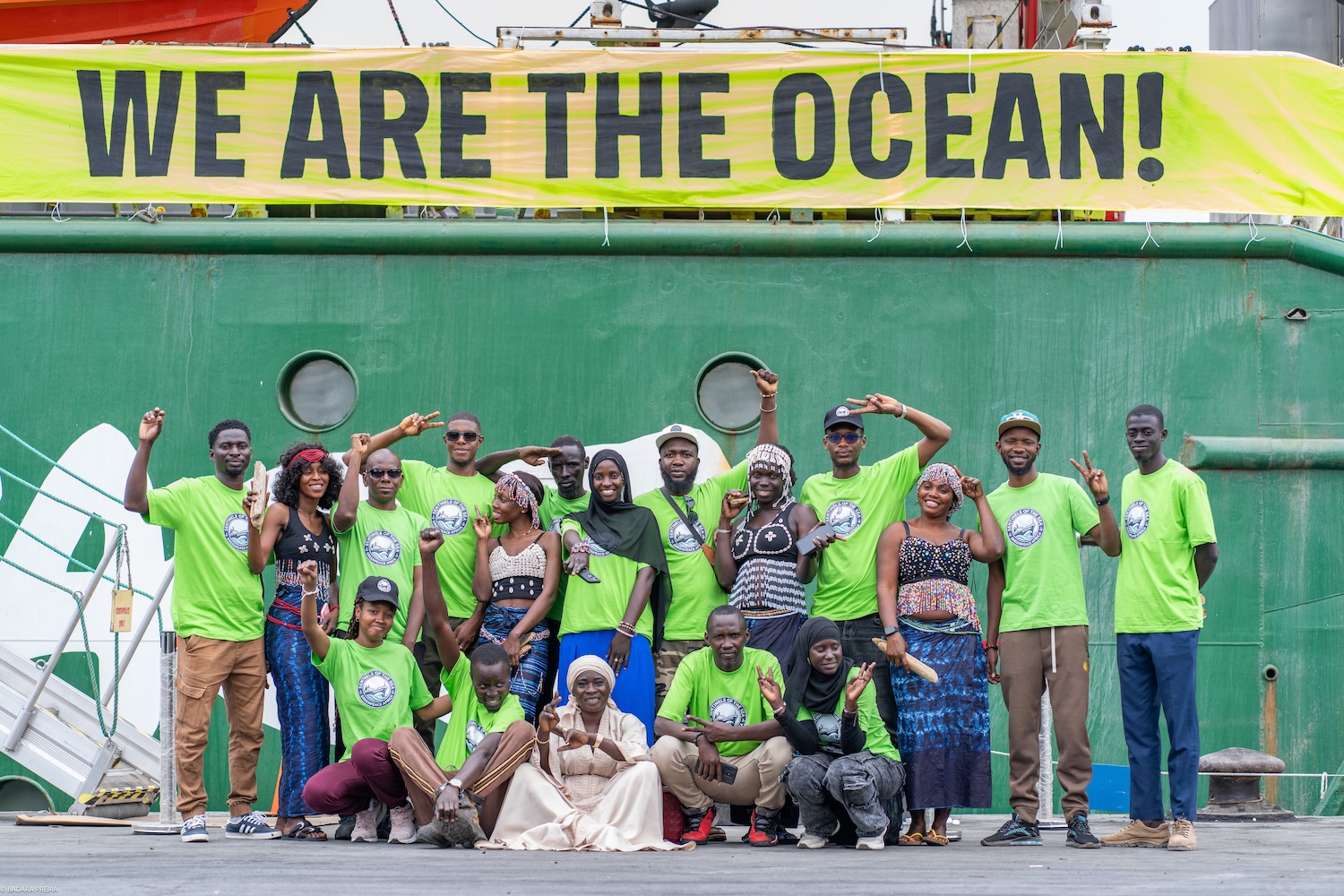This judgment establishes powerful legal precedent globally, affirming that the ancient right of farmers to save and share seeds supersedes commercial interests, reshaping the legal balance of power between communities and agribusiness worldwide.
NAIROBI, Kenya, 27 November 2025 – In a decisive victory for food sovereignty and climate justice, the High Court of Kenya has today ruled in favour of smallholder farmers, declaring punitive sections of the Seed and Plant Varieties Act unconstitutional. The judgment effectively decriminalises the age-old practice of saving, sharing, and exchanging indigenous seeds, affirming that Farmer-Managed Seed Systems (FMSS) are a protected right, not a criminal activity.
For years, Kenyan farmers have lived under the shadow of a law that threatened jail terms of up to 2 years and a fine of 1 million shillings (about 7,800 USD) for selling or exchanging unregistered seeds, effectively handing control of the country’s food system to multinational corporations. Today’s judgement dismantles that monopoly.
Samuel Wathome, a smallholder farmer who was petitioner number 1 in the case he filed with 14 others, said:
‘I have waited years to hear these words. My grandmother saved seeds, and today the court has said I can do the same for my grandchildren without fear of police or prison. Today, the farmer is king again.’
Elizabeth Atieno, Food Campaigner at Greenpeace Africa, said:
“Today, the shackles have been removed from Kenya’s farmers. The court has affirmed what we have known all along: Seed is Sovereign. This is not just a legal win; it is a victory for our culture, our resilience, and our future. By validating indigenous seeds, the court has struck a blow against the corporate capture of our food system. We can finally say that in Kenya, feeding your community with climate-resilient, locally adapted seeds is no longer a crime.”
Gideon Muya, Programs Officer, Biodiversity and Biosafety Association of Kenya, said:
“This judgment is a shield for our biodiversity. Indigenous seeds are the library of life – they hold the genetic diversity we need to withstand droughts, pests, and a changing climate. The court has recognised that you cannot patent nature’s heritage. We have reclaimed the right to choose what we plant and what we eat, free from the coercion of commercial seed monopolies.”
Claire Nasike, Agroecologist, said:
Today’s judgment indicates that farmers’ right to seed must be recognised and protected through policy instruments. Seed is life, and it is sovereign, and whoever controls it influences the lifeline of a generation. It is a delight that the right to save, share and exchange seeds is in the right hands, those of Kenyan farmers.
In her judgment, Justice Rhoda Rutto declared unconstitutional sections of the Act which gave seed inspectors sweeping powers to raid seed banks and seize seeds meant for the next harvest, made it illegal for farmers to process or sell seeds unless they were registered seed merchants, gave extensive proprietary rights to plant breeders and none to farmers, and made it illegal for farmers to save or share seeds from their harvest without prior knowlege of seed proprietors.
Wambugu Wanjohi, Legal Counsel for the Law Society of Kenya which supported the petition, said:
‘The court has correctly interpreted the Constitution to find that the rights of farmers supersede punitive and restrictive commercially driven laws that infringe on their inherent rights. This judgment sets a powerful legal precedent not only for Kenya but also for the entire African continent.
Greenpeace Africa and its partners now call on the Ministry of Agriculture to immediately align national policy with this judgment and support the formal recognition of Farmer-Managed Seed Systems.
ENDS
For Media Inquiries, Contact:
Ferdinand Omondi, Communication and Story Manager, Greenpeace Africa, +254 722 505 233, [email protected] / [email protected]
About Greenpeace Africa:
Greenpeace Africa campaigns for a sustainable environment and food security, working with communities across Africa to implement ecological farming practices that guarantee a sustainable and safe food future.
About BIBA Kenya:
Biodiversity and Biosafety Association of Kenya (BIBA Kenya) works to protect Kenya’s biodiversity and promote biosafety by advocating for policies that foster biological diversity and food security free from genetic modification.



